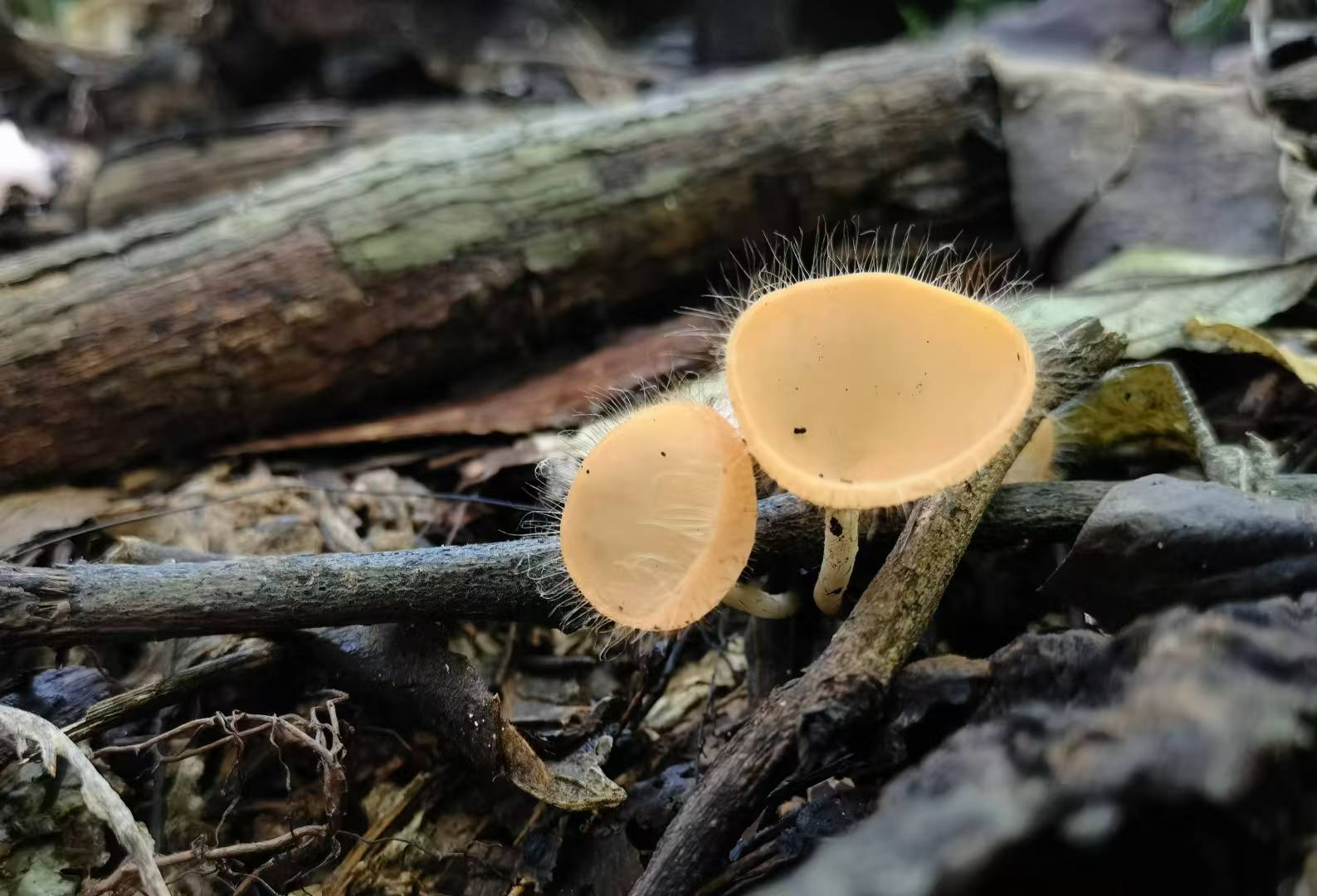Woody debris (WD) contributes 8% to total organic carbon (C) within forests globally. Invertebrates and microbes are important but climate-dependent drivers of wood decomposition worldwide. Previous studies have addressed climatic control over invertebrate contributions to WD decomposition, but it remains poorly understood which other factors drive these contributions globally and how these drivers themselves might be climate dependent.
Researchers from Xishuangbanna Tropical Botanical Garden (XTBG), Wuhan Botanical Garden (WBG) with their collaborators carried out a meta-analysis to quantify global drivers of variation in the invertebrate effect, the collective contribution of multiple groups of invertebrates (e.g., termites, wood-boring insects), on wood decomposition. Specifically, they evaluated how climate, wood size, bark presence or absence, wood debris type, and species clade (gymnosperms or angiosperm) influenced the invertebrate effect on wood decomposition globally.
The researchers have provided a global estimate on the contribution of invertebrates to wood decomposition. Invertebrates accelerated wood decomposition by 40% overall. The effect was most pronounced in the tropics and was largely attributed to termite activity. Invertebrate effects were stronger for woody debris without bark and for larger diameter pieces, reflecting differences that bark and diameter induce with regard to fungal colonization or activity relative to invertebrate effects.
When the size of woody debris was not considered, no difference was found in the invertebrate effects on wood decomposition across woody debris sourced from gymnosperms and angiosperms. Otherwise, for smaller WD, gymnosperms showed a larger invertebrate effect than angiosperms, whereas for larger WD, gymnosperms exhibited a smaller invertebrate effect than angiosperms.
Moreover, the magnitude of the effect of invertebrates declined with increasing time of wood decomposition, suggesting that invertebrates mainly served to accelerate wood decomposition at the early stages of the decomposition process.
The study also highlighted the presence of critical interactions between microorganism colonization and the invertebrate contribution to wood decomposition. Invertebrates played a key role in biogeochemical cycles through accelerating wood debris decomposition.
“This finding highlights the importance of invertebrates as key organisms in the process of wood decomposition and also points to environmental variables and biological mechanisms that require further investigation in future studies,” said Gbadamassi G. O. Dossa of XTBG.
The study was funded by National Natural Science Foundation of China (NSFC), CAS President’s International Fellowship Initiative (PIFI) and others. Related results were published in Biological Reviews.

Invertebrates decompose wood. (Image by Gbadamassi G. O. Dossa)

Invertebrates decompose wood. (Image by Gbadamassi G. O. Dossa)
Gbadamassi G. O. Dossa Ph.D
Key Laboratory of Tropical Forest Ecology, Xishuangbanna Tropical Botanical Garden, Chinese Academy of Sciences, Mengla, Yunnan 666303, China
E-mail: dossa@xtbg.org.cn
Or
ZUO Juan Ph.D
Wuhan Botanical Garden, Chinese Academy of Sciences
E-mail: zuojuan@wbgcas.cn
Published: 16 September 2024


